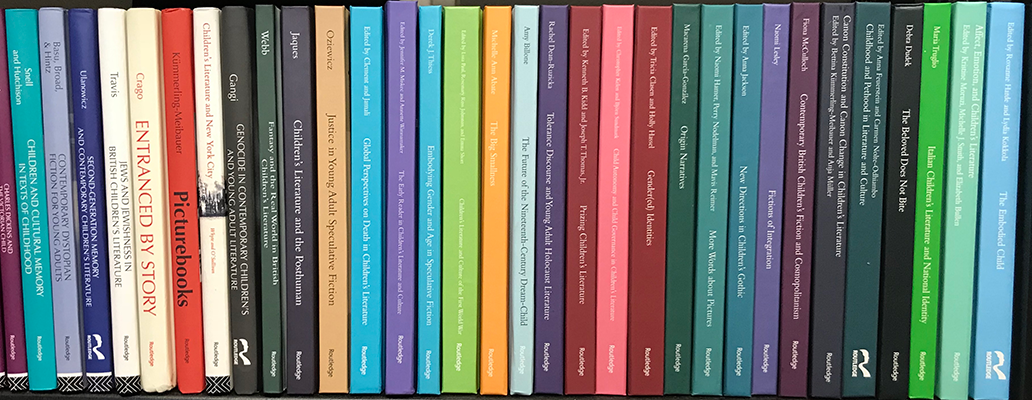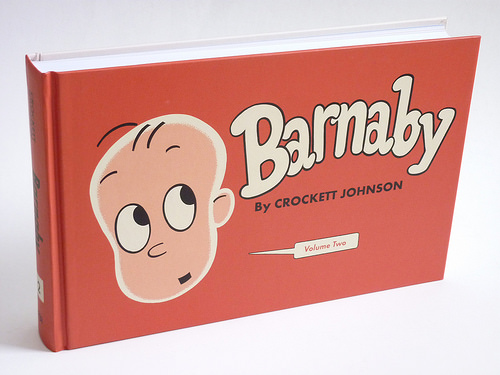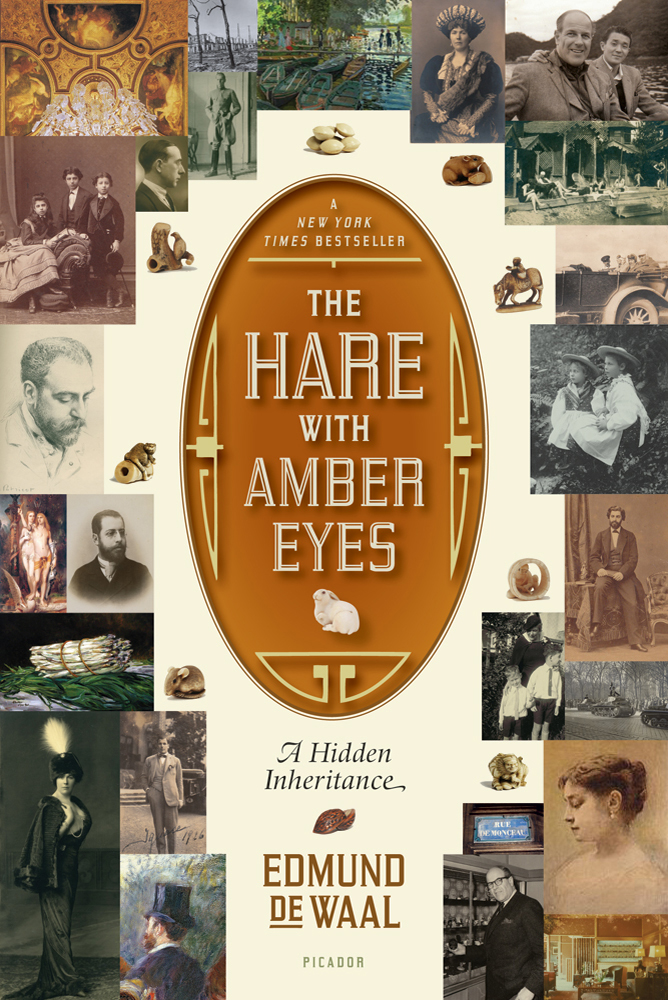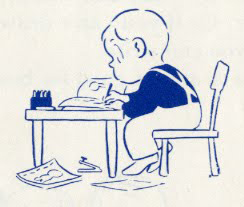Routledge: out with the old, in with the new
I’m pleased to announce that Kenneth Kidd and Elizabeth Marshall are the new editors of Routledge’s Children’s Literature and Culture Series. (At IRSCL in Toronto last August, I announced that this transition was in the works. It is now official.) Here’s today’s Routledge press release (click on this sentence). I became editor of Routledge’s Children’s





